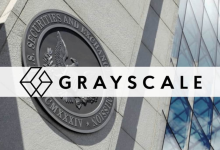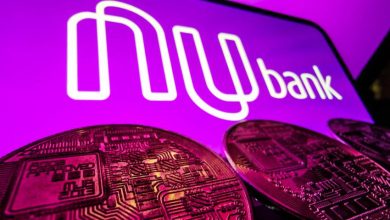BTC Miners Turn to AI Infrastructure Amid Prolonged Market Pressures


Amid shrinking block rewards and margin compression, BTC mining companies are increasingly turning to artificial intelligence and high-performance computing as alternative revenue streams. This strategic shift is emerging as miners face rising operational costs, limited access to inexpensive energy, and ongoing volatility in cryptocurrency markets. By repurposing existing data center infrastructure to support AI workloads, miners aim to stabilize revenue and reduce reliance on the unpredictable BTC market.
Growing Adoption of AI-Driven Revenue Models
Industry analysis suggests that approximately 70 percent of the top BTC miners are now generating income from AI or high-performance computing services. Miners benefit from access to large-scale power capacity, advanced cooling systems, and secure data facilities originally built for cryptocurrency mining. These resources translate efficiently into AI hosting environments, where demand for data processing and GPU-intensive workloads continues to accelerate.
Companies that once depended solely on BTC block rewards are now reporting a more balanced revenue mix. This includes offerings such as GPU cloud hosting, enterprise data compute services, and structured partnerships with AI model training firms. For miners, the advantage lies in leveraging infrastructure that would otherwise remain underutilized during periods of lower crypto profitability.
The industry’s pivot is illustrated through several high-profile commercial developments. Iris Energy recently secured a multi-billion dollar agreement to provide data center capacity tailored to artificial intelligence firms, leading to renewed investor confidence and positive market performance. The deal reflects how mining companies can position themselves as critical infrastructure providers in the expanding AI sector.
Core Scientific has also expanded its capabilities by hosting AI compute clusters alongside its BTC mining operations. A proposed merger with an established AI cloud infrastructure company was intended to accelerate this transformation. However, shareholder concerns regarding valuation and strategic alignment ultimately resulted in the deal being withdrawn. Despite this, Core Scientific continues to invest in infrastructure that supports diversified computing services.
Long-Term Industry Implications
The transition from pure-play BTC mining to diversified digital infrastructure represents a significant evolution for the sector. By establishing a secondary revenue stream, miners reduce exposure to BTC price swings and regulatory uncertainty affecting cryptocurrency markets. This diversification provides a competitive advantage, especially for firms with access to affordable electricity and scalable data center footprints.
Analysts note that while BTC mining will remain central to business operations, the expansion into artificial intelligence offers a path toward greater financial resilience. However, this shift requires continued investment in advanced hardware, power reliability, network optimization, and enterprise-grade service capabilities.
As demand for AI computing power increases globally, BTC miners equipped with large-scale infrastructure may find themselves well-positioned to participate in this growing market. The move does not eliminate exposure to cryptocurrency cycles, but it enables companies to maintain operational stability during downturns and capitalize on rising global need for data processing.
Many miners are now evaluating hybrid operational models that balance BTC mining with AI compute services. The long-term success of this strategy will depend on energy prices, technological agility, regulatory developments, and execution in enterprise market segments.







